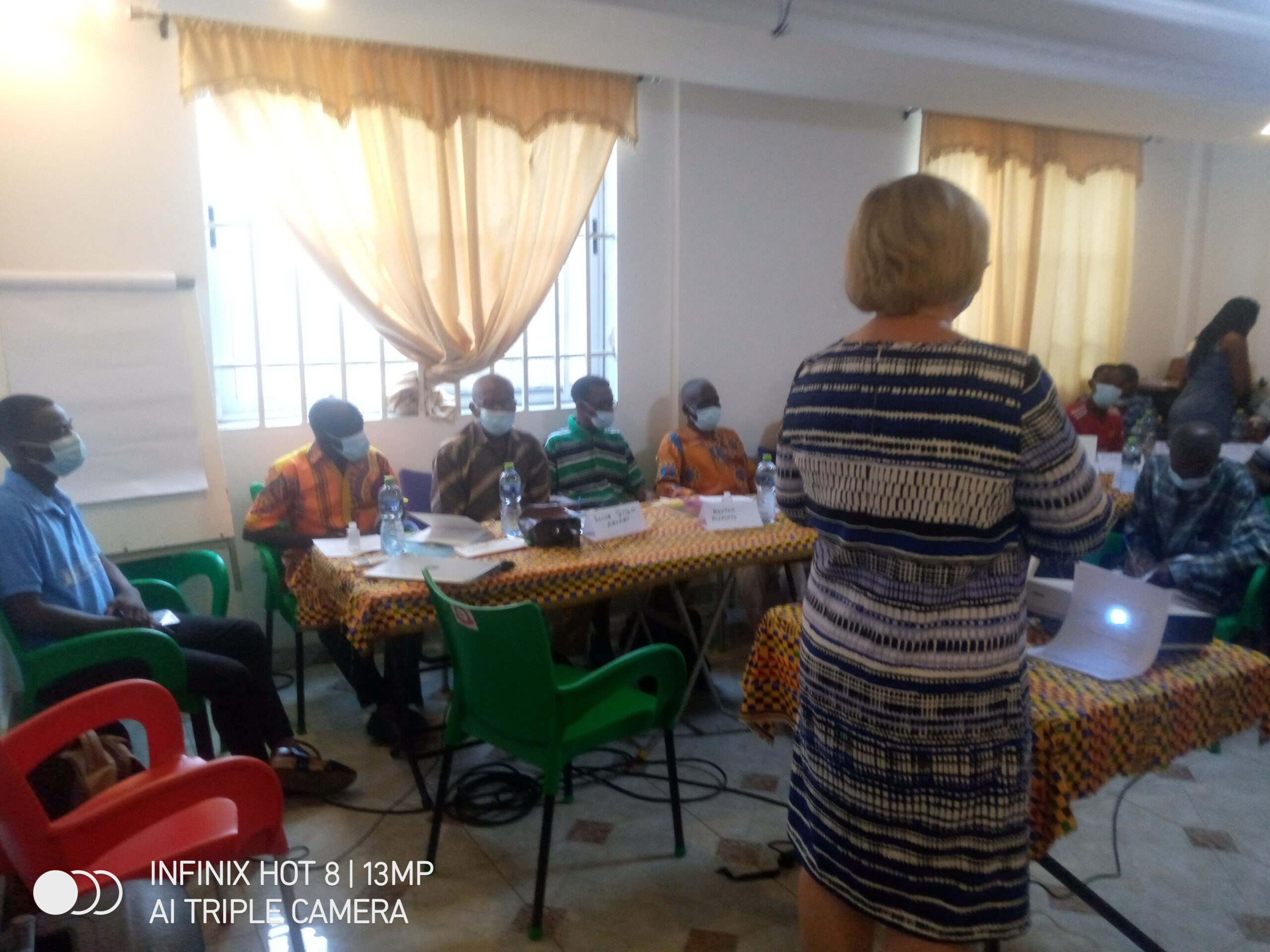More Education Needed To Reduce COVID-19 Stigmatization – Dr Stephen Kusi

The Medical Director and General Surgeon at St Martins de Porres hospital Dr Stephen Kusi has stated that more education is needed to reduce coronavirus stigmatization in this critical moment
According to him, less education on the COVID-19 has led to the increase of stigma on COVID-19 patients who later recovered .
Dr Kusi speaking on Rite FM’s Health Matters on Tuesday, said those who, stigmatize do not know much about the virus, thus the need for massive sensitization.
Social stigmas can occur in many different forms. The most common deal with culture, gender, race, illness and disease. Individuals who are stigmatized usually feel different and devalued by others.
Stigma may also be described as a label that associates a person to a set of unwanted characteristics that form a stereotype. It is also affixed. Once people identify and label one’s differences, others will assume that is just how things are and the person will remain stigmatized until the stigmatizing attribute is undetectable.
A considerable amount of generalization is required to create groups, meaning that people will put someone in a general group regardless of how well the person actually fits into that group.
However, the attributes that society selects differ according to time and place. What is considered out of place in one society could be the norm in another. When society categorizes individuals into certain groups the labeled person is subjected to status loss and discrimination. Society will start to form expectations about those groups once the cultural stereo type is secured.
Stigma may affect the behavior of those who are stigmatized. Those who are often start to act in ways that their stigmatizers expect of them. It not only changes their behavior, but it also shapes their emotions and belief Members of stigmatized social groups often face prejudice that causes depression (i.e. prejudice).
These stigmas put a person’s social identity in threatening situations, such as low esteem.
Members of stigmatized groups start to become aware that they aren’t being treated the same way and know they are likely being discriminated against. Studies have shown that “by 10 years of age, most children are aware of cultural stereotypes of different groups in society, and children who are members of stigmatized groups are aware of cultural types at an even younger age.”
Source: ritefmonline.org/Christina Ntiamaoh




